학사
정기세미나
View
| Bayesian Code Diffusion for Efficient Automatic Deep Learning Program Optimization | ||
|---|---|---|
| 담당자 이슬기 교수(UNIST) | 세미나 일자 2025.09.26 Fri | 조회수 249 |
[Abstract]
This talk introduces Bayesian code diffusion, a new deep learning program optimization strategy devised to accelerate the autotuning process of deep learning compilers. Using the concepts of prior and posterior distributions in the Bayesian framework and reformulating them in the context of deep learning program optimization, the proposed approach efficiently searches for optimal program code in a significantly reduced search space through an iterative diffusion of program code. To further enhance the efficiency of program optimization, we propose pre-training and fine-tuning for the cost model, which improves both the model’s predictive accuracy and training efficiency. We implement Bayesian code diffusion in Ansor and evaluate its performance on a wide range of deep learning models on both CPUs and GPUs. Existing approaches struggle to reliably generate high-performing deep learning programs, i.e., achieving low program execution latency, across various configurations, including diverse deep learning model architectures and hardware platforms (CPU and GPU). In contrast, the proposed Bayesian code diffusion reduces the end-to-end compilation (optimization) time required to generate the equivalent program execution latency in various confsigurations, i.e., achieving up to 3.31x optimization speedup. This substantial improvement demonstrates that Bayesian code diffusion performs efficient and principled deep learning program optimization across a wide range of deep learning models, operators, and hardware (CPU and GPU).
[Biography]
Seulki Lee is an associate professor in the Department of Computer Science and Engineering (CSE) and the Artificial Intelligence Graduate School (AIGS) at Ulsan National Institute of Science and Technology (UNIST), where he leads the Embedded AI Lab. He earned his Ph.D. in Computer Science from the University of North Carolina at Chapel Hill (UNC Chapel Hill). Before his Ph.D., he worked at Samsung Electronics, where he designed sensor systems and intelligent sensing algorithms. He also has work experience at Nokia Bell Labs and Mercedes-Benz Research & Development North America. His research focuses on making resource-constrained, real-time, and embedded sensing systems capable of learning, adapting, and evolving, advancing the field of Embedded AI. He has published in leading embedded systems and AI conferences, including OSDI, MobiSys, SenSys, UbiComp, RTAS, IPSN, PerCom, DCOSS, NeurIPS, AAAI, ICML, ICLR, KDD, CIKM, AISTATS, and ACCV. His contributions have been recognized with multiple awards, including the Outstanding Position Paper Award (ICML 2025), Best Application Paper Award (ACCV 2024), Best Paper Runner-up Award (IPSN 2023), Best Paper Award (AIoTChallenge 2020), Best Presentation Award (UbiComp 2020), and the Distinguished TCP Member Award (SenSys 2025).



